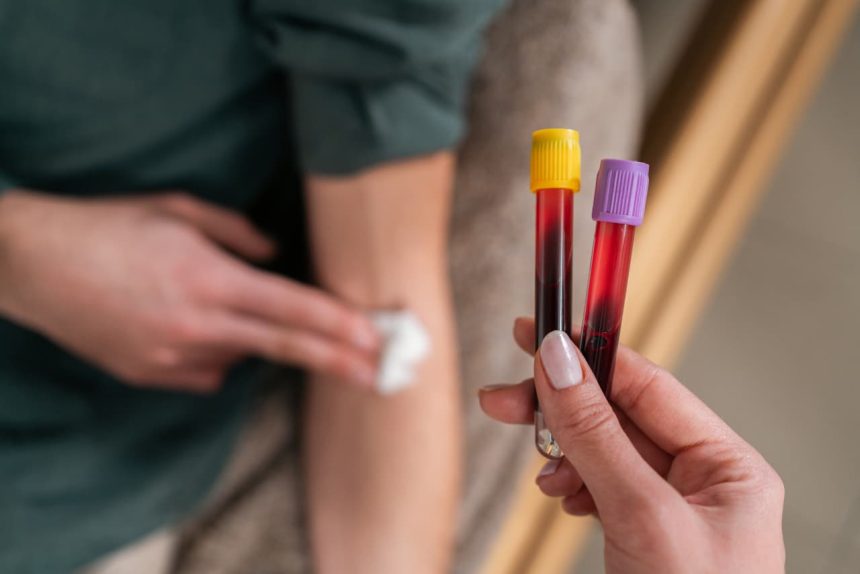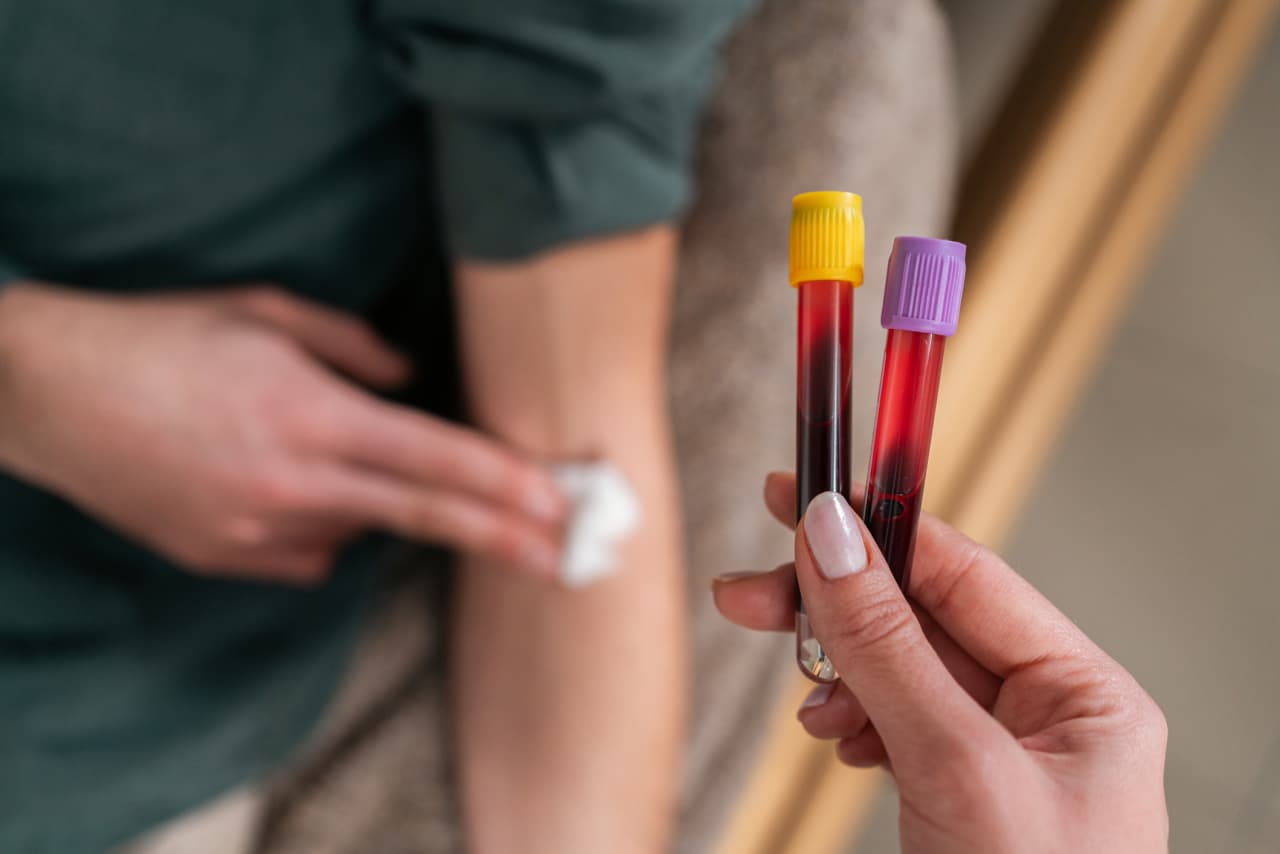Blood Tests Outperform Physicians in Alzheimer’s Diagnosis
Revolutionizing Alzheimer’s Detection
Recent research indicates that a blood test may be more effective than traditional examinations by healthcare professionals in identifying memory impairment linked to Alzheimer’s disease. This breakthrough suggests the possibility of a simpler and more reliable diagnostic tool for this debilitating condition.
The Implications of New Findings
Alzheimer’s is a progressive neurological disorder that affects millions, leading to significant cognitive decline. The conventional methods of diagnosis can sometimes fall short, causing delays in treatment. However, this study reveals an innovative alternative that could transform how we approach the early detection of Alzheimer’s.
Understanding the Study’s Impact
According to the findings published, blood tests not only offer greater accuracy but also bring potential for earlier intervention, which could enhance patient outcomes significantly. With current statistics showing over 6 million individuals living with Alzheimer’s in the United States alone—a number projected to increase substantially—improving diagnostic methods is imperative.
The Future of Alzheimer’s Testing
While further development and availability are needed before these blood tests become standard practice at doctors’ offices, their promise signals hope for timely diagnosis and management strategies. As research progresses, healthcare providers might soon have access to groundbreaking tools that facilitate proactive approaches to neurodegenerative diseases.
For those seeking reliable updates on advancements related to Alzheimer’s testing and treatments, stay informed through reputable sources such as [MarketWatch](https://www.marketwatch.com/story/is-there-a-blood-test-for-alzheimers-yes-but-it-isnt-at-your-doctors-office-yet-a19e83f8?mod=mw_rss_topstories).






